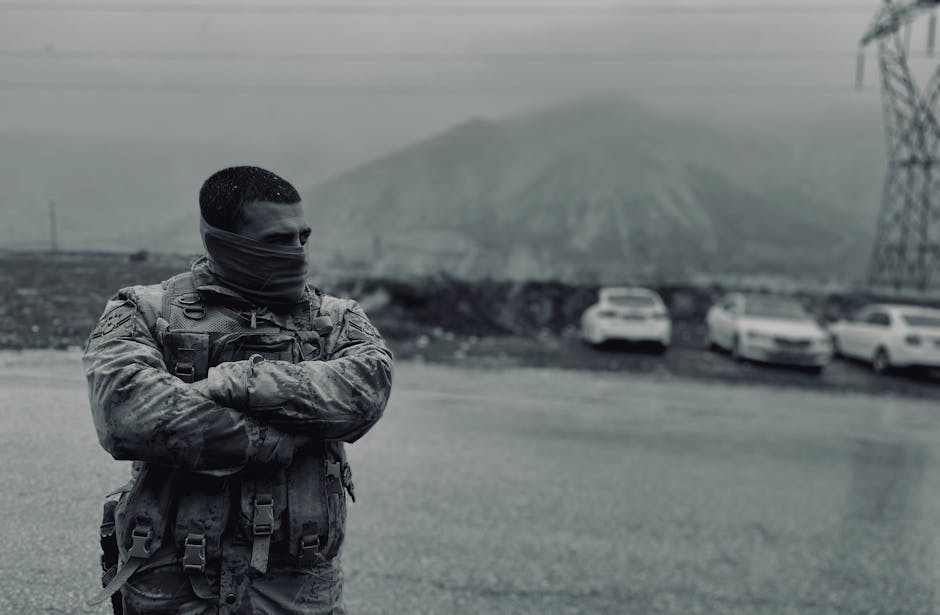The ongoing conflict in Gaza has reignited calls for international intervention as the humanitarian crisis worsens. With rising casualties and widespread devastation, the deployment of a stabilisation force is deemed a “crucial issue” by diplomats, analysts, and humanitarian groups. However, political, logistical, and ethical hurdles continue to stall progress.
The Need for a Stabilisation Force
Gaza’s prolonged conflict, blockades, and economic instability have plunged the region into chaos. Essential infrastructure, including hospitals, schools, and water systems, lies in ruins, leaving millions in desperate need. Recent escalations have worsened the crisis, with indiscriminate bombings, mass displacement, and severe shortages of basic supplies.
A multinational stabilisation force could restore order, protect civilians, and ensure the delivery of humanitarian aid. It could also act as a buffer between conflicting parties, fostering a safer environment for diplomatic talks. Yet, the complexities of such a deployment cannot be overlooked.
Political Obstacles
The region’s political landscape poses significant challenges. Israel has historically opposed international intervention, viewing it as a threat to its sovereignty. Similarly, Hamas, which controls Gaza, has rejected foreign troop presence, framing it as an occupation. This dual resistance complicates any potential deployment.
Internationally, consensus is lacking. While some nations advocate for a stabilisation force, others, including the U.S., remain cautious. Disagreements within the UN Security Council, where veto powers often clash over Middle Eastern policies, further hinder progress.
Logistical and Ethical Concerns
Deploying a stabilisation force in Gaza’s densely populated and complex urban environment presents operational difficulties. Risks to peacekeepers and potential civilian casualties are significant concerns.
Ethically, the force must balance neutrality with civilian protection. Past peacekeeping missions have faced criticism for failing to prevent atrocities or for human rights abuses. Accountability and transparency would be essential for any mission in Gaza.
The Role of Regional Actors
Regional powers like Egypt, Jordan, and Qatar could facilitate the deployment by providing logistical support or contributing troops. However, their involvement requires careful negotiation to avoid escalating tensions or appearing biased.
The Path Forward
Despite the challenges, the urgency for a stabilisation force in Gaza cannot be ignored. The international community must prioritize solutions addressing the immediate crisis and long-term peace. Unprecedented cooperation is essential to prevent further escalation.
As Gaza’s crisis deepens, the deployment of a stabilisation force remains unresolved. Yet, the stakes demand decisive action. The people of Gaza cannot afford further delays.




